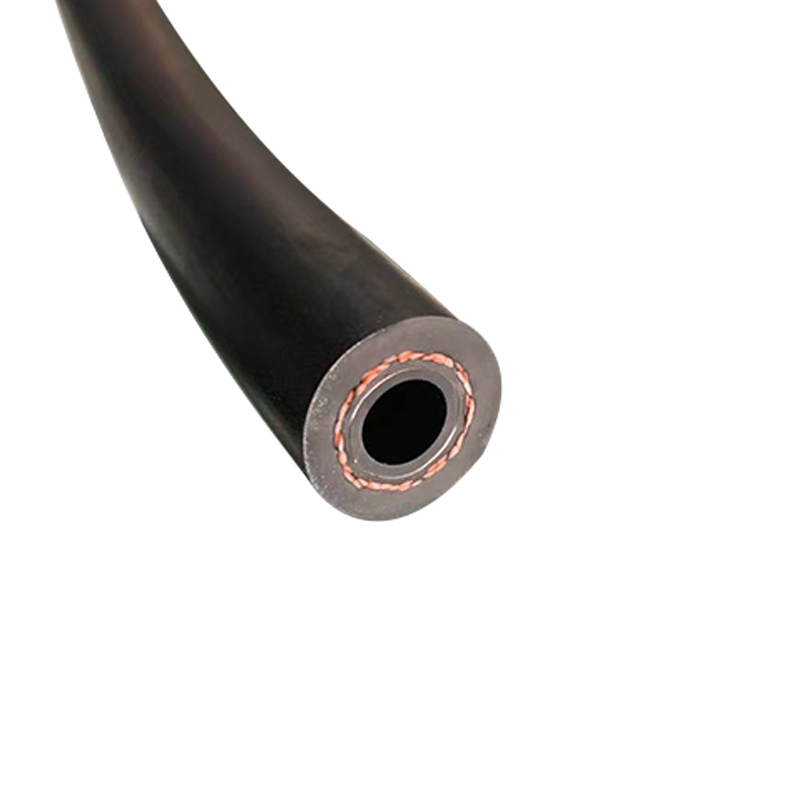Flexible Rubber Gas Hose for Automotive Applications and Performance
Sep . 28, 2024 14:31 Back to list
Flexible Rubber Gas Hose for Automotive Applications and Performance
The Importance of Rubber Gas Lines for Cars
In the automotive industry, the role of gas lines is crucial for the efficient and safe operation of vehicles. Among the various types of gas lines available, rubber gas lines have emerged as a popular choice due to their unique properties and benefits. Understanding the significance of rubber gas lines can help car owners make informed decisions about their vehicle maintenance and safety.
Rubber gas lines are primarily used to transport fuel from the tank to the engine in internal combustion vehicles. The flexibility and durability of rubber make it an ideal choice for this application, as it can withstand the vibrations and movements associated with a running engine. Unlike rigid metal lines, rubber gas lines can easily navigate the tight spaces and curves found in the vehicle's architecture, ensuring that the fuel reaches the engine efficiently and reliably.
The Importance of Rubber Gas Lines for Cars
Additionally, rubber gas lines are capable of handling a wide range of temperatures, making them suitable for various climates and driving conditions. Whether in extreme heat or cold, rubber gas lines maintain their integrity and performance, ensuring that your vehicle operates smoothly under different environmental stresses. This versatility adds to their appeal for car manufacturers and owners alike.
rubber gas line for car

Another significant factor in favor of rubber gas lines is their lightweight nature. This characteristic not only contributes to the overall weight reduction of the vehicle, which can enhance fuel efficiency, but also simplifies installation and replacement processes. When maintenance is needed, rubber lines can be easily cut and fitted without the need for specialized tools or equipment, making it convenient for both professional mechanics and DIY enthusiasts.
However, it is essential to note that rubber gas lines do have a finite lifespan and should be inspected regularly for signs of wear and tear. Factors such as exposure to sunlight, high temperatures, and oil can lead to degradation over time. Car owners should be vigilant for symptoms of deterioration, such as cracking, swelling, or leaks, which could compromise the safety of their vehicle.
To maintain optimal performance, it is advisable to replace rubber gas lines according to the manufacturer's recommendations or whenever replacements are warranted due to wear. Regular maintenance checks can help identify potential issues before they escalate, ensuring that the vehicle remains safe and reliable for everyday use.
In conclusion, rubber gas lines are an integral component of a car's fuel delivery system. Their flexibility, resistance to corrosion, temperature adaptability, and lightweight nature make them an ideal choice for modern vehicles. However, regular inspection and timely replacement are crucial to prevent potential hazards associated with fuel leaks and ensure the overall efficiency and safety of the vehicle. As automotive technology continues to evolve, the reliability of rubber gas lines will undoubtedly remain a vital aspect of car maintenance and performance.
